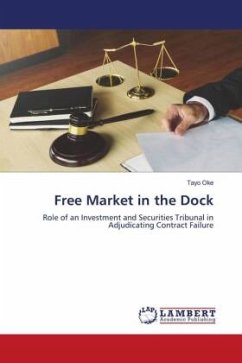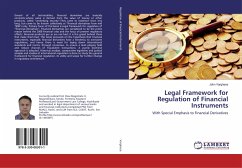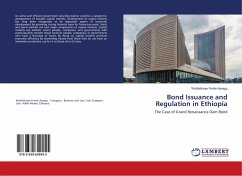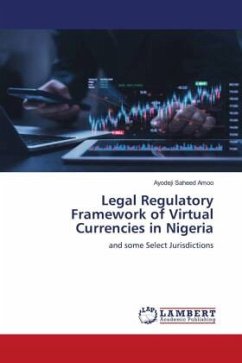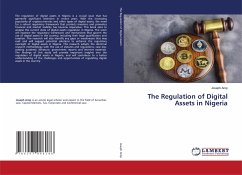For Western investors seeking to do business in developing countries in the 1970s and 1980s, there was the "Third World" logic which permeated a lot of the thinking of the entrepreneurs brave enough to take the plunge. In other words, the risk factors were usually priced in, but a lot of those factors were often based on individual value judgements and anecdotal evidence rather than hard-headed market data. As globalisation heightened interest in investment in developing countries towards the 1990s and 2000s, however, it became apparent that the old "Third World" assumptions could no longer hold without being backed up by empirical evidence. This book shines a light on judicial intervention in the market place over a period of time. It collates data on the Tribunal's balancing act of adjudicating contract failure whilst maintaining the centrality of market forces as the ultimate arbiter of commerce. It is an insight into the limits of free market in an emerging economy.
Bitte wählen Sie Ihr Anliegen aus.
Rechnungen
Retourenschein anfordern
Bestellstatus
Storno

